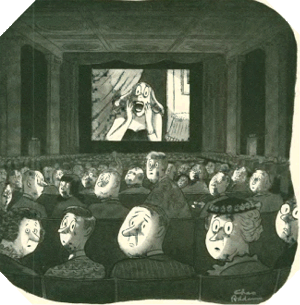 |
| "the negro might justly and lawfully be reduced to slavery for his benefit" |
In March of 1857, a case before the United States Supreme Court, led by Chief Justice Roger B. Taney [pictured in 1855 at 78], concerned Dred Scott, a slave who had appealed to the Court in hopes of being granted his freedom. Taney wrote in a majority opinion that the framers of the Constitution believed that blacks "had no rights which the white man was bound to respect; and that the negro might justly and lawfully be reduced to slavery for his benefit. He was bought and sold and treated as an ordinary article of merchandise and traffic, whenever profit could be made by it”. Referring to the language in the Declaration of Independence that includes the phrase, "all men are created equal", Taney maintained that "it is too clear for dispute, that the enslaved African race were not intended to be included, and formed no part of the people who framed and adopted this declaration. . . ."


It`s amazing his face
ReplyDelete